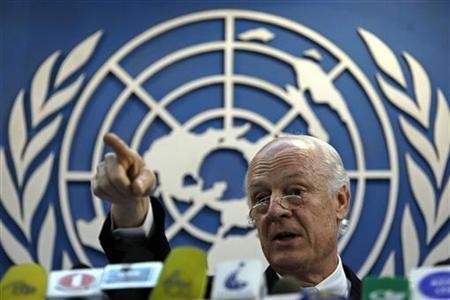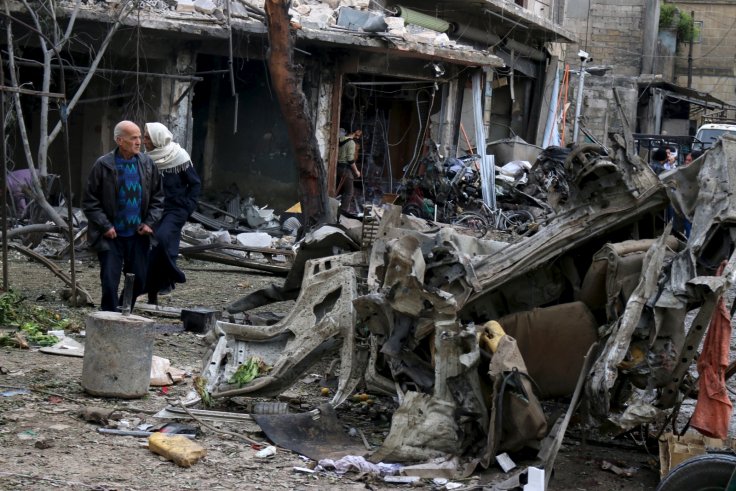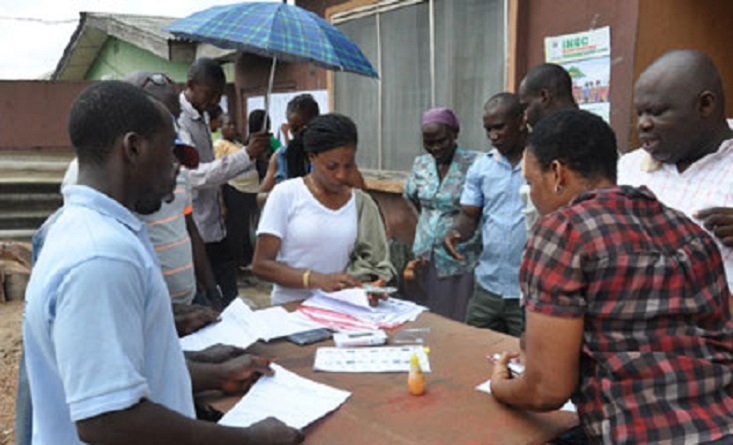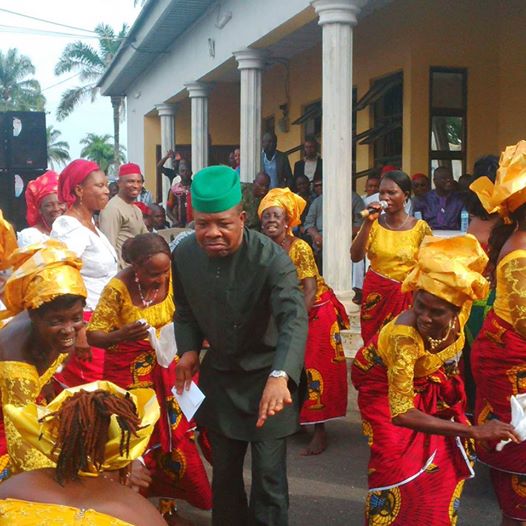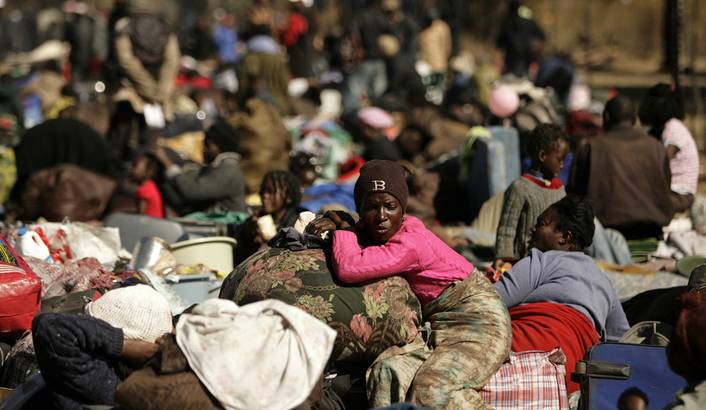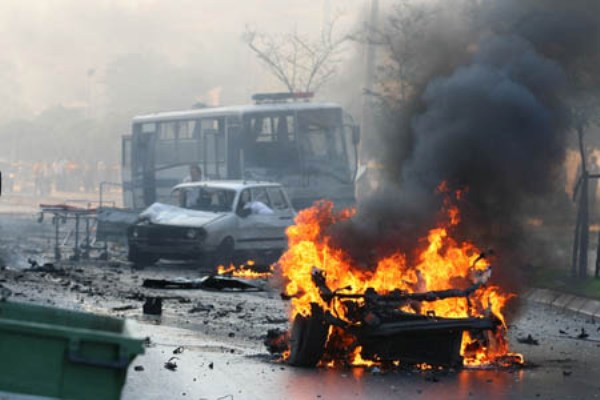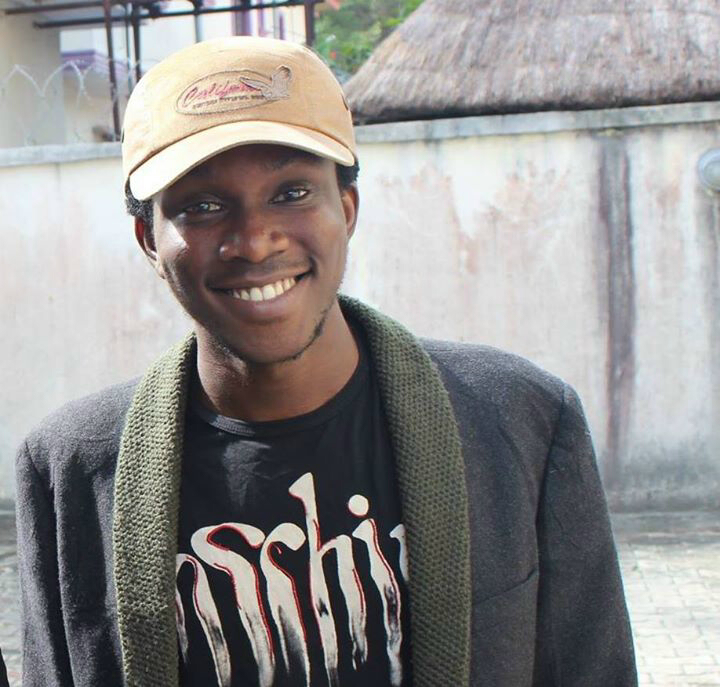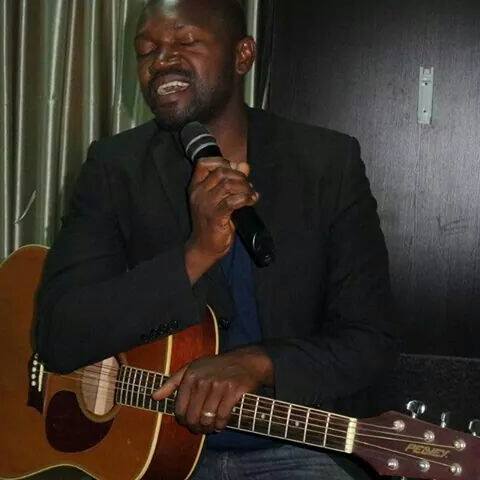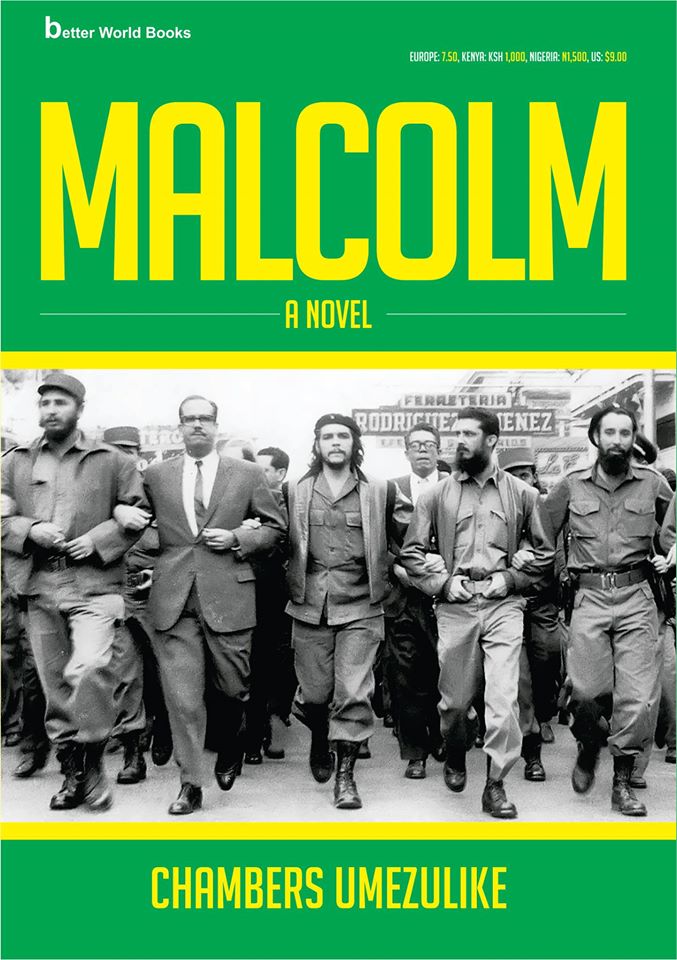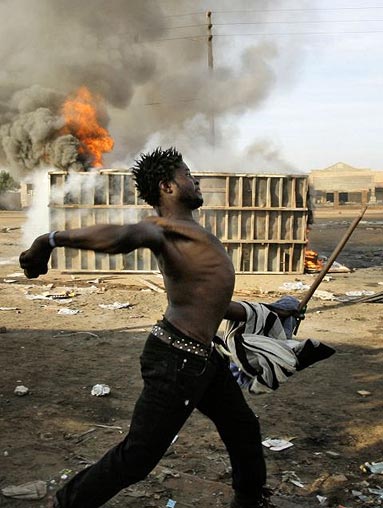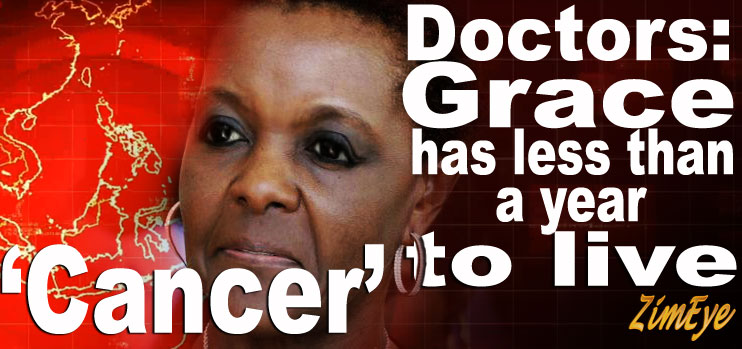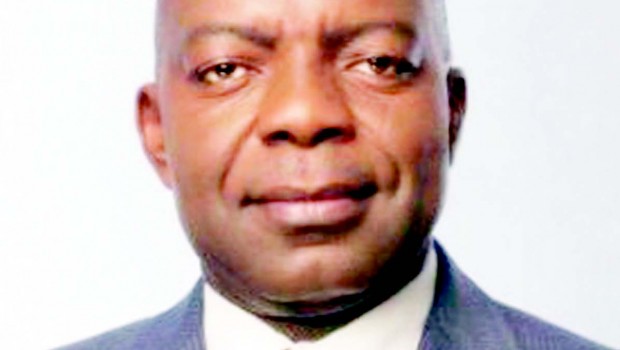Globalization, which is a process of interaction and integration among people, companies and governments of different nations driven by international trade and investment and aided by information technology, has reduced the world merely to a global village. This means that communication, international trade, immigration and inter-racial association have been made easier than what they were before the advent of globalization.
Though the world had known emigration and immigration long before now, globalization has radically increased the momentum of inter-tribal and inter-racial co-operation.
As would always be appreciated, as no man is an island unto himself, that is how no nation or society can rightly lay claim to isolationist economic independence. This natural phenomenon accounts for the inflow or influx of people of different ethnicities and(or) races into tribes or countries that are not theirs.
The congregation of people of heterogeneous origins into the United States of America is said to be the foundation and strength upon which its development is believed to rank next to none in global context. History has it that Americans, after their eight years of war of Independence or Revolution as it is often called which lasted from 1775 to 1783, resolved to adopt a policy of total and exceptional liberalization in order to move its country to the maximum height of human development. Based on this accommodating mindset of the founding fathers of the American States, every citizen or even immigrant within her geographical boundaries was given maximum encouragement to develop whatever talent or skill he or she possessed to the fullest positive advantage of the American society and humanity in general.
The United States of America came to limelight as ‘the New World’, with excessive imported Black African slaves. Despite its famous liberalization policy, there were early cases of brutal violent discrimination against the blacks, who, the whites, out of racial derogation, overtly discriminated against. The Ku Klux Klan, notoriously known as K.K.K, never hid its extremity of hatred and scorn for the blacks in America whom they disrespectfully referred to as ‘Nigers’. This attitudinal posture would later take a centre stage and become known as xenophobia.
Xenophobia, simply explained, is hatred or animosity that is harboured by a group and, more often than not, violently expressed against another group, driven either by ethnic or racial malice, disdain and(or) dislike.
In contemporary South-Africa, xenophobic attacks by South African youths have become a topical issue. The youths, for more than a fortnight, have been assaulting, maiming, killing and looting the shops and property of immigrant nationals from such countries as Zimbabwe, Malawi, Mozambique, Kenya and Nigeria.
As the story goes, the youths are reacting restively to a development in which they have suddenly realized that almost every available economic space in their land has been taken over by immigrant nationals, to their extremely suffocating economic isolation and frustration.
They are more worried to realize that even the meanest of house-hold engagements such as cooks, stewards, gardeners, gate-men and others of that category have been usurped by foreigners and, by so doing, relegating them to an uncommon dangerous background.
It took only the consciousness and sensitization of their highly revered Zulu King; Goodwill Zwelithini, for the South-African youths to wake up from their slumber and occupational laxity and non-challance.
Though the approach adopted by the South-African youths is crude and negates the fundamental human rights of these Africans that have been butchered and dispossessed of their hard-earned possessions, one may still sympathize with the South-African youths for being so brazenly out-smarted in their home-land. Any liberal economic policy that reduces indigenous people to mere economic dependents in their land would certainly ignite reactions that may not be far from xenophobia.
It may be apt to point at this juncture that what is happening or has happened in South-Africa has been an age-long feature of global interaction. It was xenophobia that drove Adolf Hitler of the German Nazi Army to annihilate about Six Million Jews in Poland before and during the second world-war.
Many elites may not have forgotten one incident that took place in Kampala; the capital of Uganda, on the 4th of August, 1972. On that fateful day, the President of Uganda; Field-Marshal Idi Amin Dada, had ordered that all Asian nationals living in Uganda be hounded, arrested and deported while their shops were equally ordered to be looted. As time went on, it was discovered that Idi Amin and his fellow Ugandans had been harbouring irrational hatred against the Asians, whom they had perceived as their economic explorers and exploiters.
The Igbo of Nigeria have always been known for their mobility, ubiquity, enterprise, investment and resilience. Because of these nature-inbued characteristics, they are found all over Nigeria. Their individual enterprise and attendant success have always instigated deep tribal sentiments and hate against them in many parts of Nigeria. So far, they are the most hated in Nigeria and this was why when Salman Rushdie, a British Indian, wrote his book; ‘The Satanic Verses’ in 1988, Northern Moslems in the Northern States of Nigeria descended heavily on Igbos in their States and butchered them in their thousands. This was a clear case of xenophobia.
On August 2, 2013, the Executive Governor of Lagos State; Barr Babatunde Fashola, in a commando-like style and in a mist undemocratic manner cargoed Igbos out of Lagos to Onitsha, as if they were common criminals.
In April 2015, the Oba of Lagos; Rilwan Akiolu, told Igbos that had gone to pay him a courtesy visit that any Igbo man or woman who failed to vote for All Progressive Congress in the governorship election would be forced to drown in the Lagos Lagoon.
Again, it is obvious that the action of Governor Fashola and utterance of the Oba of Lagos could not be unconnected with xenophobia.
It must be stated here that xenophobia does not only take place when indigenous nationals hate foreigners in their land. Xenophobia can equally rare its ugly head when stranger elements exhibit the worst form of Odium against their landlords.
A typical example is the situation in Aba where the stranger elements, a good number of who arrived Aba in a very penurious and distressful condition but who, as it were, have been blessed abundantly in Aba, have sworn never to see anything good in the indigenous people of the area. The Aba residents have even gone into an unholy conspiracy against an indigene of Aba who is the governorship candidate of People’s Democratic Party; P.D.P. in Abia State. Their only grouse against the gentle-man is that he is an Ngwa man and as long as they have a right to vote, no Ngwa man should aspire to be governor in a state that is theirs. They now have arrogated the role of God to themselves. No other reason can account for the incomparable hatred stranger elements in Aba have against the Ngwas other than xenophobia.
Still on Abia 2015 governorship election, the voting pattern already exhibited shows a clear case xenophobia. Dr. Okezie Ikpeazu, who is from the Ukwa/Ngwa zone of Abia State got his votes mainly from his old Aba zone. Even though it is the turn of the people of Ukwa/Ngwa to produce the governor by this election, the people of old Bende, who have already ruled for sixteen years, still went ahead voting for the brother, Mr. Alex Otti. This is, again, a manifestation of xenophobia.
For the problem of xenophobia to be properly addressed, certain measures must have to be put in place. The first is that countries which nationals migrate in large numbers to other countries should resolve to tackle the problems of corruption and inequity associated with their leadership. This would stem the rate of unnecessary migration. Besides, immigrants or stranger elements should realize that treating their hosts with disdain is capable of igniting situations that could lead to explosion of xenophobia.
Chief (Sir) Don Ubani, Ksc, JP
(Okwubunka of Asa)
